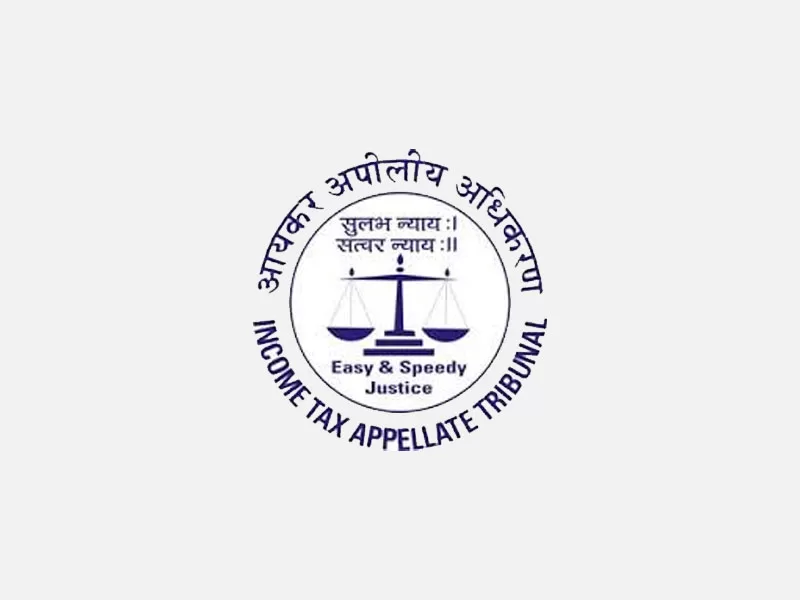ITAT Rules in Favor of Taxpayer on Taxation of Flat’s Agreement and Stamp Duty Value Difference
In a significant decision, the Mumbai bench of the Income-Tax Appellate Tribunal (ITAT) has ruled in favor of a taxpayer who jointly purchased a flat with her husband. The tribunal held that the sum of Rs 24.3 lakh, representing her share of the difference between the agreement value as per the allotment letter and the stamp duty value on the date of registration, cannot be taxed in her hands.
Typically, when a home buyer books a flat, the purchase price is finalized on this date and is reflected in the letter of allotment or agreement. The flat is registered at a later date, and the stamp duty value is often higher at the time of registration.
Income-tax officers have, in some instances, treated the difference between the agreement and stamp duty value as taxable income, resulting in substantial tax demands and penal interest.
The ITAT decision is based on provisions in the Income Tax Act, specifically Section 56(2)(vii)(b), which states that if the dates of the agreement and registration are not the same, the stamp duty value on the date of the agreement may be considered for taxation if payments are made via banking channels.
Tax experts believe that this ITAT order is applicable to the amended law, as the provisions are similar.
In the case at hand, the taxpayer, Rekha Singh, contested the matter before the ITAT after the commissioner of income-tax appeals (national faceless assessment centre) added Rs 24.3 lakh to her income for the financial year 2014-15. The appeals commissioner had denied the benefit of Section 56(2)(vii)(b), stating that the letter of allotment is not a registered sale deed and cannot be considered as the date of the agreement. The commissioner also argued that payments before the registration date had only been made by the taxpayer’s husband.
The ITAT directed the income-tax official to consider the stamp duty value as of the date of allotment (October 16, 2010) and not the date of registration (December 29, 2014). The ITAT bench emphasized that, in the case of joint property, it is immaterial who made payments before the registration date.
This ruling aligns with several other ITAT decisions that have favored taxpayers in similar cases.





